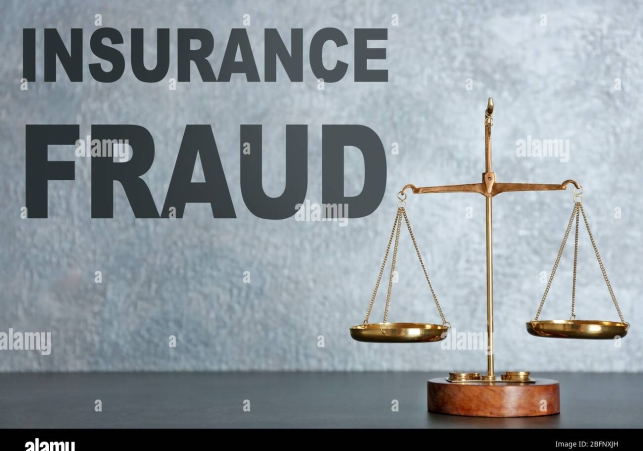Insurance Fraud Laws and Penalties

Insurance fraud is a serious crime that can result in severe repercussions for those involved. Insurance fraud is when an individual or entity intentionally deceives an insurance company for financial gain. This can include providing false information or documents to obtain insurance coverage, exaggerating the extent of loss or damage in a claim, or staging accidents to collect insurance payouts.
Laws regarding insurance fraud vary by state, but most states have specific statutes that address insurance fraud and establish penalties for those found guilty of committing the crime. In addition, there are also federal laws that govern insurance fraud in cases where there is interstate activity or involvement of federal agencies.
Penalties for insurance fraud can be severe, with consequences that may include fines, restitution, probation, and even imprisonment. In some cases, insurance fraud can be classified as a felony, which can have long-lasting repercussions on an individual's criminal record and future opportunities.
Insurance fraud can take many forms, and some common examples include:
- Premium fraud: When an individual provides false information to an insurance company in order to obtain a lower premium or more favorable coverage.
- Health insurance fraud: This can include submitting false claims for medical services or procedures that were never performed, or providing false information to obtain prescription medication.
- Auto insurance fraud: This can involve staging accidents, exaggerating injuries, or tampering with a vehicle to make it appear that there was more damage than there actually was.
- Property insurance fraud: This can include inflating the value of property in a claim, or falsely reporting that property was stolen or damaged in order to collect insurance payouts.
Penalties for insurance fraud can vary depending on the severity of the crime and whether it is classified as a misdemeanor or felony. Some common penalties for insurance fraud include:
- Fines: Individuals convicted of insurance fraud may be required to pay fines to the insurance company or government agency that investigated the crime.
- Restitution: In addition to fines, individuals may also be required to pay restitution to the insurance company for any financial losses incurred as a result of the fraud.
- Probation: Some individuals convicted of insurance fraud may be placed on probation, which may include requirements such as regular meetings with a probation officer, community service, or counseling.
- Imprisonment: In more severe cases, individuals convicted of insurance fraud may be sentenced to prison time. The length of imprisonment can vary depending on the state and the specific circumstances of the crime.
In addition to criminal penalties, individuals convicted of insurance fraud may also face civil penalties, such as the cancellation of insurance policies, the loss of insurance coverage, or the denial of future insurance claims. In some cases, individuals may also be required to pay treble damages, which means they must pay three times the amount of the original claim.
In order to combat insurance fraud, many insurance companies have established special investigative units that work to identify and prosecute fraudulent claims. These units may work closely with law enforcement agencies, government agencies, and other organizations to investigate cases of suspected fraud and take appropriate legal action.
If you are suspected of insurance fraud, it is important to seek legal advice from an experienced attorney who can help you understand your rights and navigate the legal system. It is never advisable to attempt to cover up or hide evidence of fraud, as this can result in additional criminal charges and more severe penalties.
In conclusion, insurance fraud is a serious crime that can result in severe penalties for those involved. It is important to be honest and transparent when dealing with insurance companies, and to report any suspected cases of fraud to the appropriate authorities. By working together to combat insurance fraud, we can help protect the integrity of the insurance industry and ensure that individuals and businesses are treated fairly and honestly.
